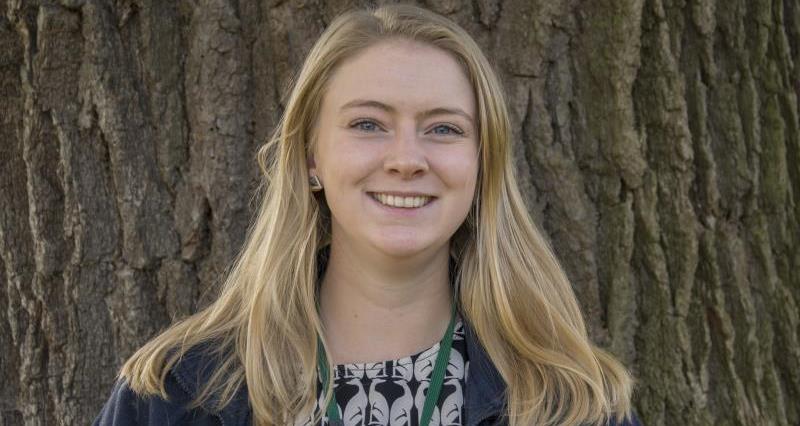The NFU Graduate Trainees attended the Battle of Ideas Convention, a two day event encouraging free speech and discussion around a variety of topics. Agricultural Policy Graduate Trainee, Emily Roads, writes:
The two discussions which particularly stood out for me were the panels on ‘Can biotech lead an economic revolution?’ and ‘Do you trust the media?’. The first of these was led by chair Sandy Starr from Progress Educational Trust, Dr Eliot Forster, CEO of Immunocore and chairman of MedCity, Professor Robin Lovell-Badge, group leader in stem cell biology and developmental genetics at the Francis Crick Institute, and Bethan Wolfenden, co-founder of Bento Bio.
There was a particular focus on the future of GM crops. The positive conversation considered how potential changes in GM regulations post-Brexit would allow improvements in investment which could lead to scientific development and power an economic and agricultural revolution.
Professor Lovell-Bridge argued that by going our own way in agricultural GM regulations we could produce food that would improve the population’s general health, reducing public costs on health care. Both he and Bethan called for access to a skilled workforce, and claimed that the UK could become a world leader in responsible yet flexible regulations.
Audience comments acknowledged that first public opinion must change, although a 2013 survey found that 57% of UK adults agreed that GM crops were needed to solve the global food crisis, and a more recent survey not yet published suggested that the majority of the public were not against GM crops.
It was further stated that biotech must embrace agriculture to create a strong economic sector. The discussion also covered the development of lab grown food, such as in vitro meat produced by companies like Memphis Meat, which Bethan dismissed as a hype driven ‘waste of time’.
This engaging discussion fed into Sunday’s panel on the media, featuring Vance Crowe, Monsanto’s Director of Millenial Engagement. Many from scientific backgrounds commented on the media’s poor standard of scientific reporting, with Vance citing the example of glyphosate, where just one study suggesting glyphosate may be carcinogenic, regardless of many other tests showing it to be safe, caused a media storm which fed current debates threatening the future of this vital product.
The juxtaposition between the media story and scientific evidence was widely picked up on as a danger to, not only agriculture, but wider public opinion at a time of vast political change which will impact future policy and regulation.
These engaging discussions gave us much food for thought (GM or otherwise), and we returned from the weekend with lots of ideas to add to the NFU’s current work in these areas and looking towards the scientific and regulatory future of farming as the UK leaves the EU.
:: Read more of our staff blogs here.
Read more from our graduates who went to the Battle of Ideas:
